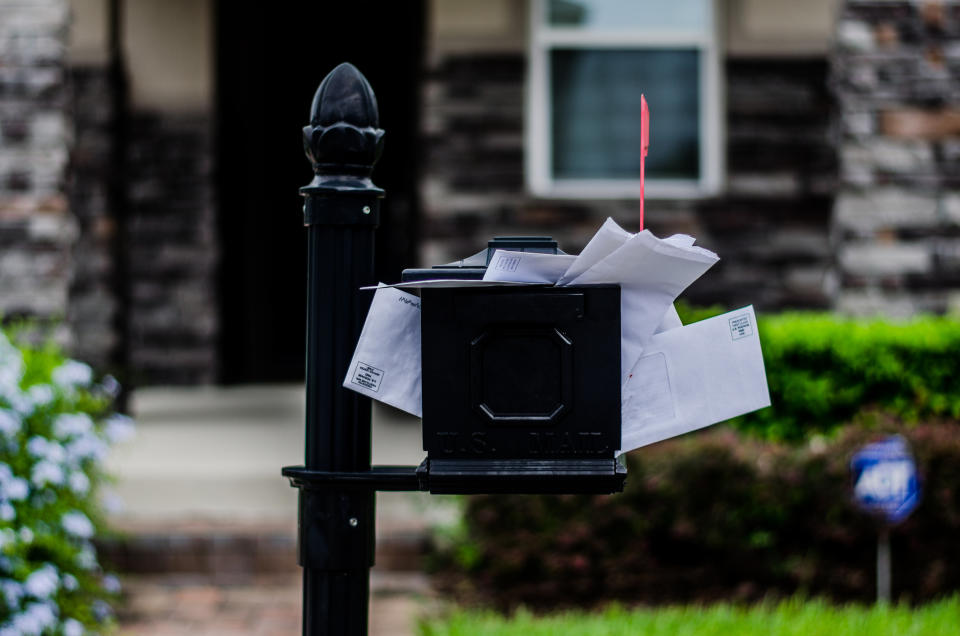Why you should never leave your work emails for more than one hour

How long can you leave phone calls, emails, messages or texts until you’re seen as unresponsive or – even worse – rude?
It’s not unusual for businesses or government bodies to promise to return correspondence in anywhere between one to three business days.
But according to San Francisco-based business leader and venture capitalist Richard Moran, these rules-of-thumb now seem to be from a bygone era.
Now that we’re operating in a world that’s thoroughly shaped by the immediacy of the internet, he believes there are new rules to the game.
“There are some general guidelines that are never written down in an employee manual but seem to generally apply,” he wrote in an article on LinkedIn.
“An e‑mail needs to be returned the same day. Probably.
“A text should be returned within an hour. Probably.
“And a phone call? Depends on who it is. If it’s the boss, return it the same day. If it’s the person calling about a solar panel offer, maybe never.”
Related story: The 10 rising job skills you’ll need for the future, according to LinkedIn
Related story: Top 20 Aussie job types with the biggest pay rises
Related story: 5 work perks Australians want most in 2019
Some might say even this is too slow, while others would say that flurries of emails, texts and calls result in distraction and inefficiency.
But Moran argued the quicker the response, the better.
“Acceptable and exact response times today are a moving target with lots of variables that dictate the right answer.
“If you are too busy for appropriate responses, a quick, ‘I got it. Stay tuned’ might suffice,” he said.
“One thing I do know: to be labelled as unresponsive in today’s workplace means you are showing a lack of respect for colleagues.”
But is it healthy for us to be responding so quickly?
Whether or not you agree with Moran, there’s no denying that communication these days moves lightning-fast.
Instant messaging services and apps that exist across our desktops, laptops, smartphones mean we are virtually always connected.
And with most businesses having an online presence, customers can now interact with businesses on their own terms – and their own pace.
Brands, businesses and retailers who can respond to customer queries speedily and resolve issues without delay will be favoured in an increasingly crowded market.
Yet at the same time, there are growing calls for people to unplug from their tech, with concepts like ‘digital detox’ becoming less uncommon.
According to mental health not-for-profit organisation Beyond Blue, doing a digital detox will see a “more content and calmer you”, greater productivity, healthier relationships, better physical health, and improved sleep.
The last point is backed up by science as various studies show that checking your phone at night disrupts sleep.
Billionaire media mogul Arianna Huffington is well-known – among other things – for her advocacy of getting a good night’s sleep and unplugging from your digital devices at night.
Make your money work with Yahoo Finance’s daily newsletter. Sign up here and stay on top of the latest money, property and tech news.

 Yahoo Finance
Yahoo Finance 
